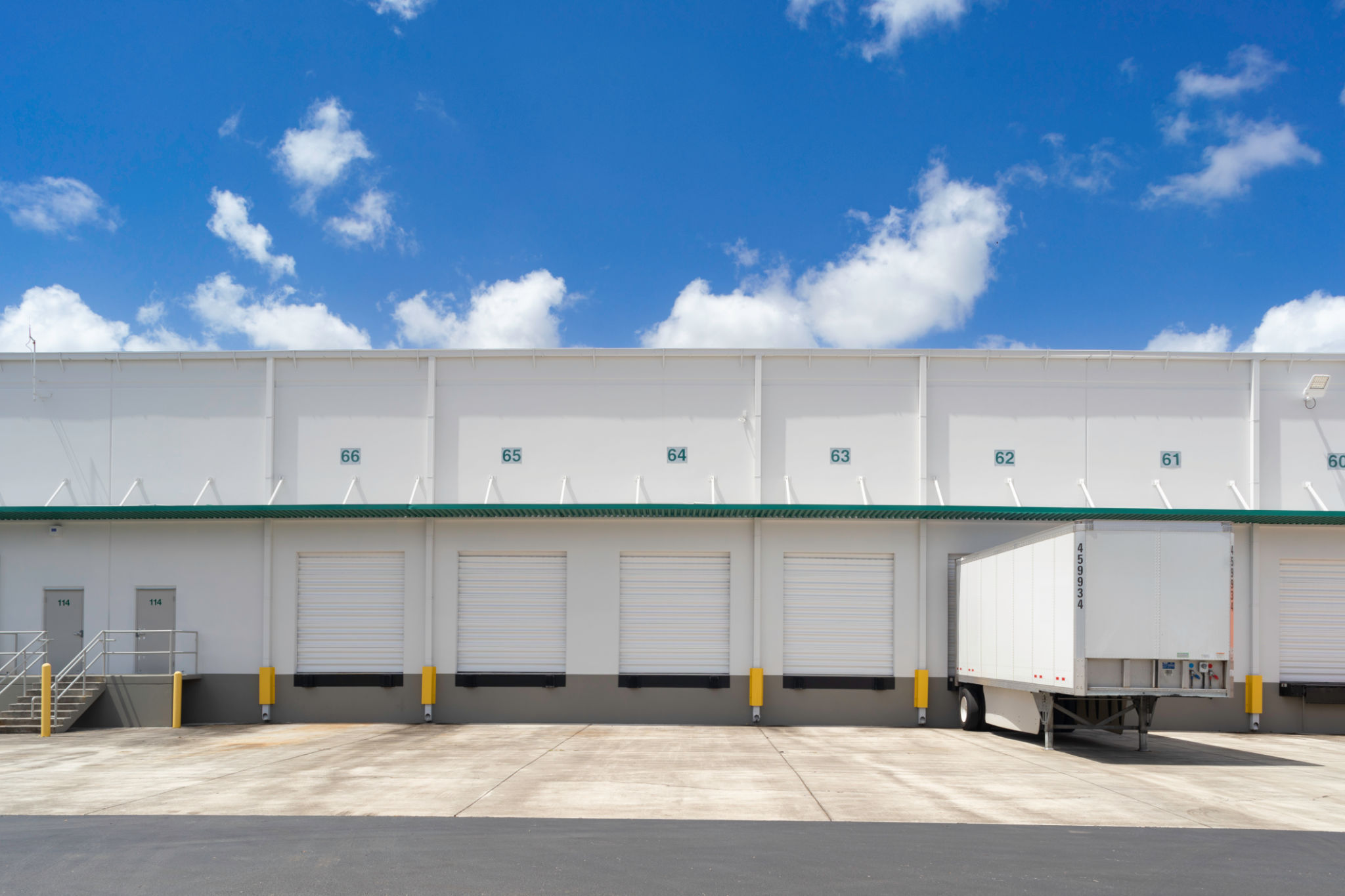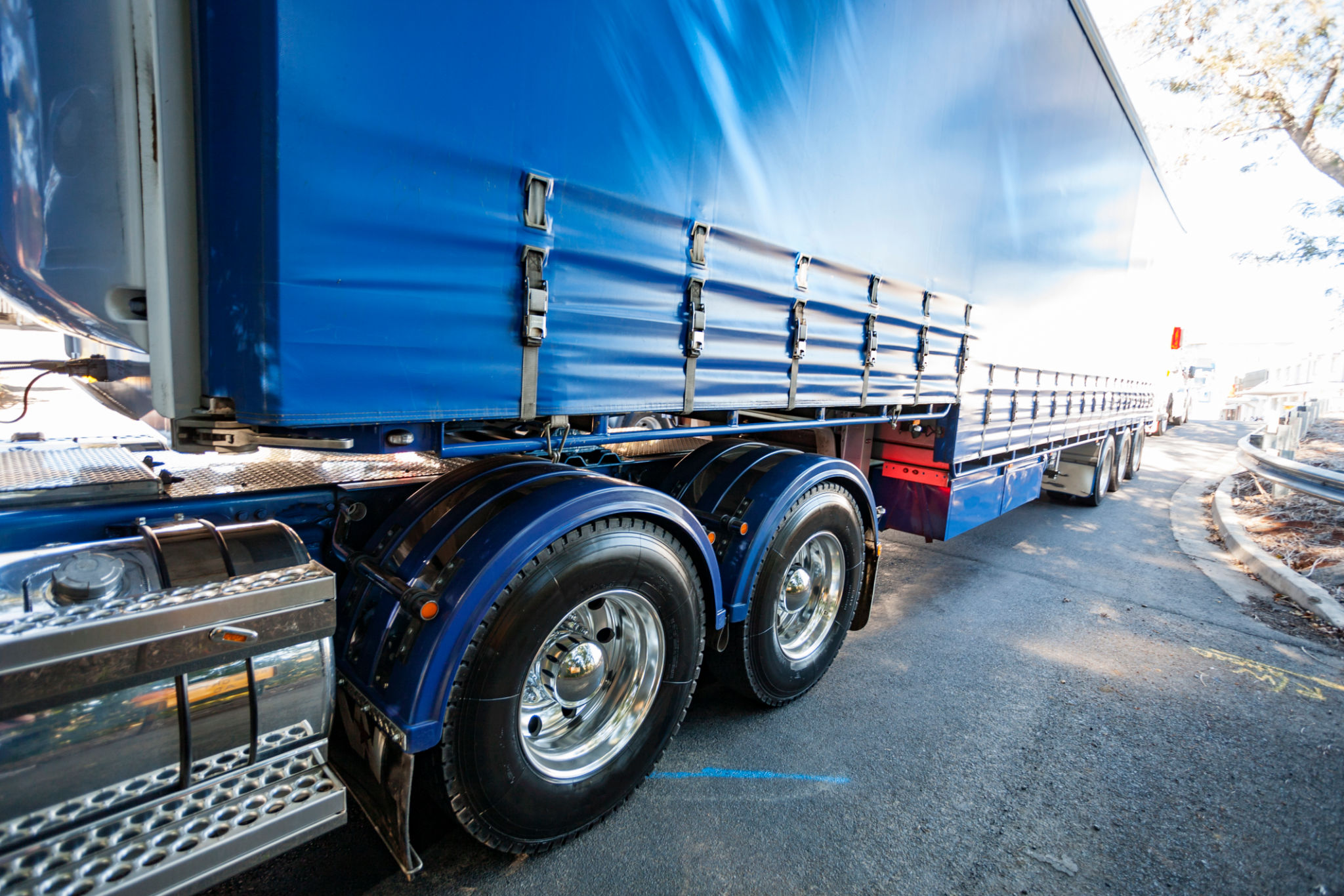Choosing the Right Equipment Hauling Trailers: A Comprehensive Guide
Understanding Your Hauling Needs
Choosing the right equipment hauling trailer begins with a clear understanding of your specific needs. Different types of equipment require different types of trailers. Consider the weight, size, and shape of the equipment you intend to transport. Additionally, think about how often you will be using the trailer and the distances involved. This will help you determine the durability and capacity requirements for your trailer.
It's also crucial to consider the terrain on which you'll be operating. For rough or uneven surfaces, you might need a trailer with enhanced suspension systems. For highway use, aerodynamics and fuel efficiency may play a bigger role in your decision.

Types of Equipment Hauling Trailers
There are several types of trailers to choose from, each designed to meet specific hauling needs. Some common types include:
- Flatbed Trailers: These are versatile and can handle a wide variety of equipment sizes. Their open design allows for easy loading and unloading.
- Enclosed Trailers: Ideal for transporting valuable or sensitive machinery, offering protection from weather and road debris.
- Gooseneck Trailers: Known for their stability and high weight capacity, making them suitable for heavy-duty hauling.
- Lowboy Trailers: Designed for transporting tall equipment that requires a low center of gravity.

Key Features to Consider
When selecting a trailer, pay attention to key features that enhance functionality and safety. The trailer's weight capacity should comfortably exceed the weight of the heaviest equipment you plan to transport. Look for trailers equipped with reliable brake systems and lighting for safe operation.
Additionally, consider the tie-down points on the trailer. Adequate and strategically placed tie-downs are essential for securing your equipment during transit. If you plan on frequently loading and unloading equipment, features like ramps or hydraulic lifts can significantly improve efficiency.

Material and Build Quality
The material and build quality of a trailer can greatly affect its longevity and performance. Steel trailers offer durability and strength, making them suitable for heavy-duty use. However, they can be prone to rust if not properly maintained. Aluminum trailers, on the other hand, are lightweight and resistant to rust, but they may not offer the same level of durability as steel for the heaviest loads.
Evaluate the construction quality by checking welds, joints, and overall craftsmanship. A well-built trailer is an investment that pays off in reliability and reduced maintenance costs over time.
Cost Considerations
Your budget plays a significant role in determining which equipment hauling trailer you can afford. While it might be tempting to opt for a cheaper option, investing in a high-quality trailer can save money in the long run by reducing maintenance costs and extending the lifespan of the trailer.
Consider financing options if upfront costs are a concern. Many manufacturers and dealers offer financing plans that make it easier to invest in a quality trailer without breaking the bank.
Conclusion
Selecting the right equipment hauling trailer is essential for ensuring the safe and efficient transportation of your machinery. By understanding your needs, exploring different types of trailers, considering key features, evaluating material quality, and factoring in cost considerations, you can make an informed decision that meets your hauling requirements.
Remember that choosing the right trailer is not just about price or appearance; it's about finding a solution that offers reliability, safety, and long-term value for your specific needs.
